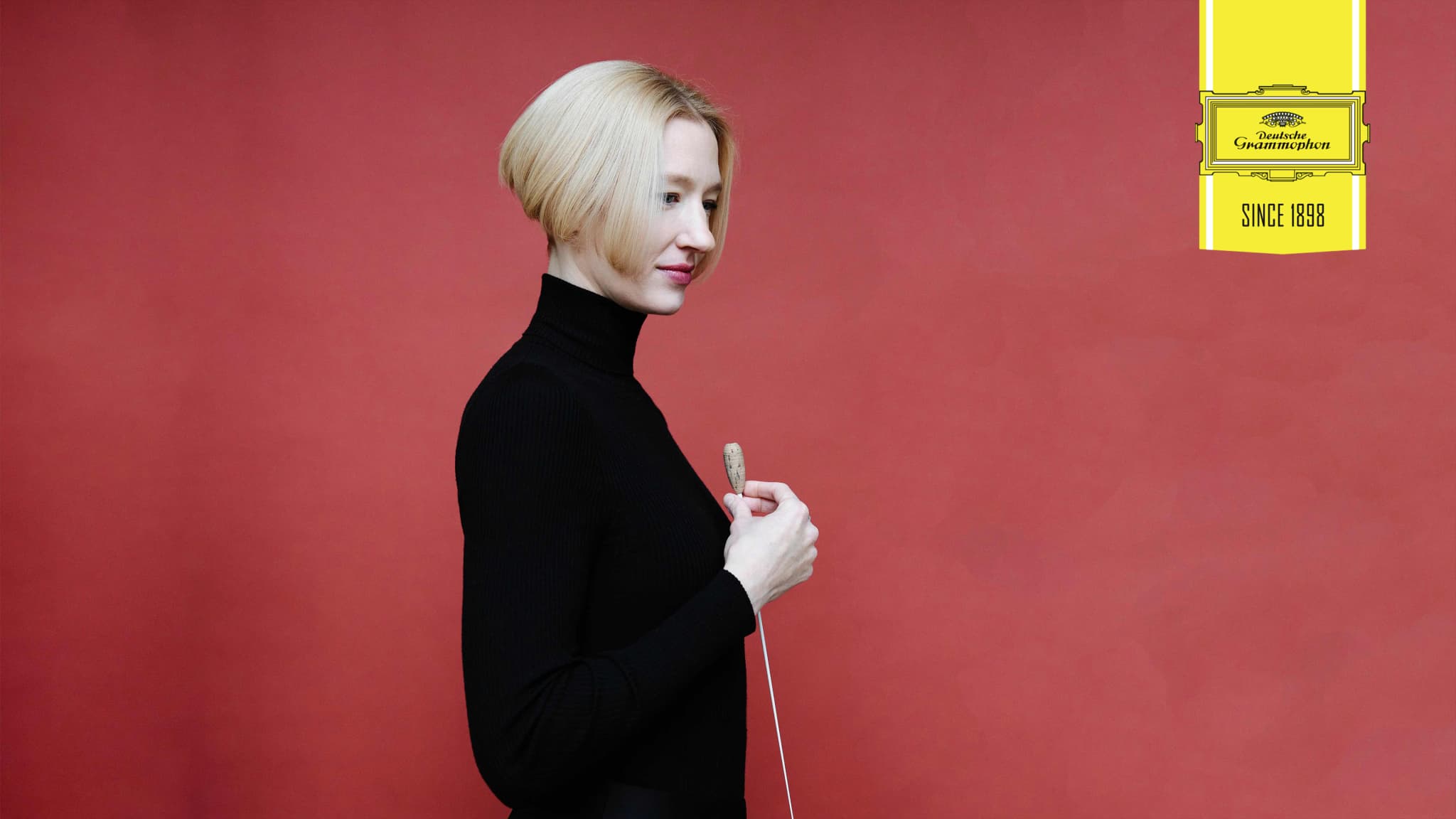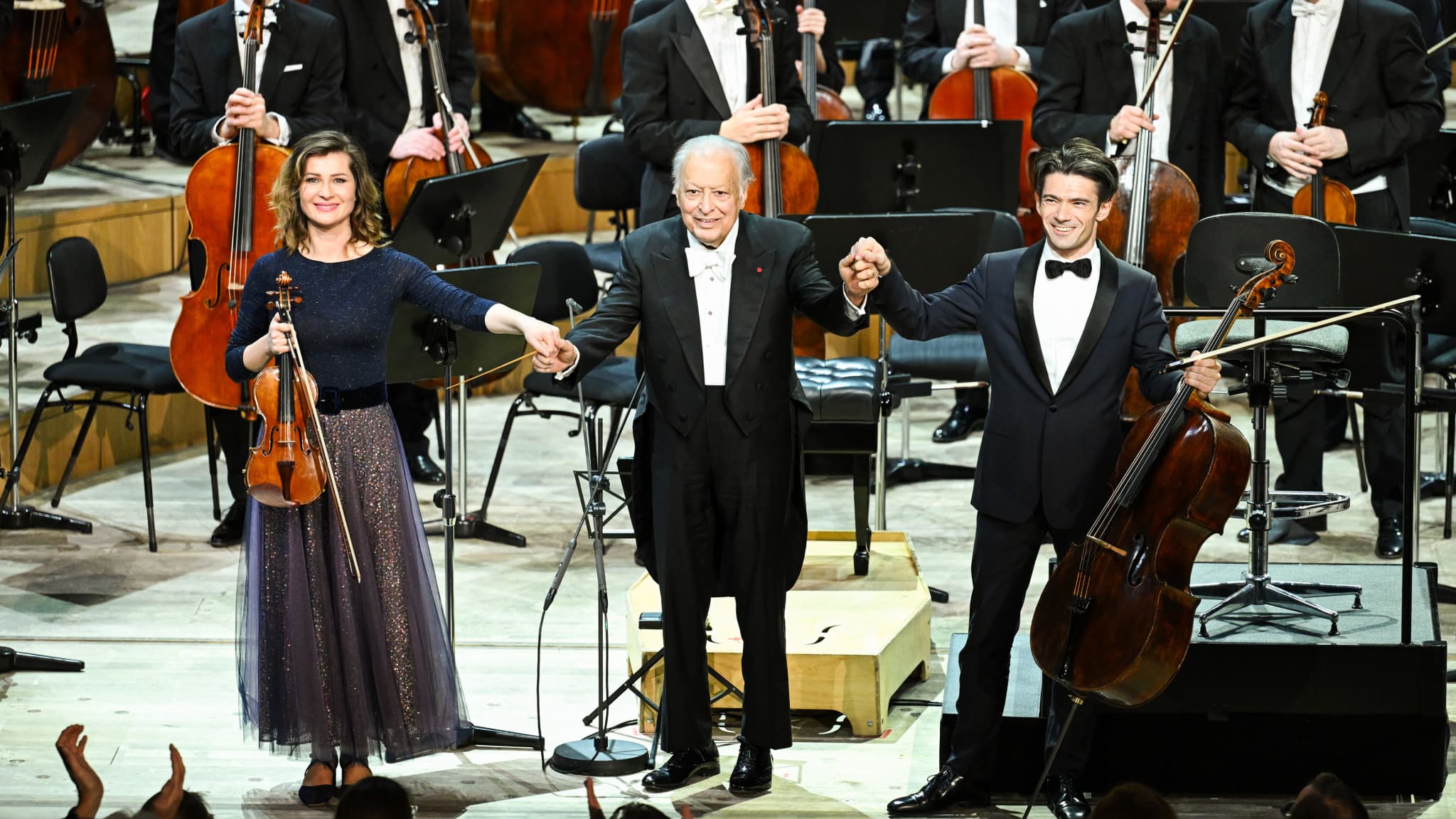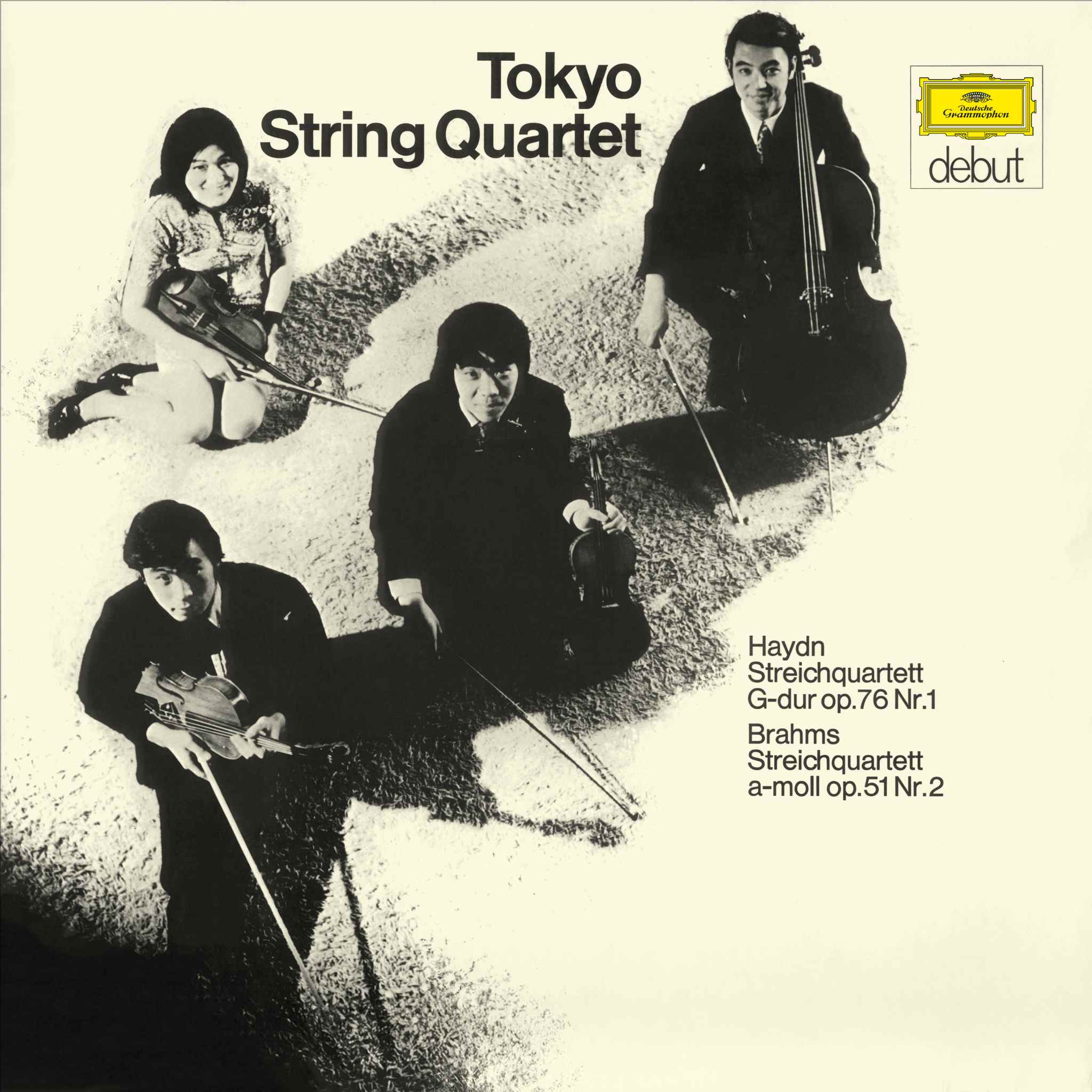Johannes Brahms: A Journey from Humble Beginnings to Revered Composer
Johannes Brahms, a uniquely talented musician, went from humble beginnings to becoming a revered composer. Born in 1833 into a modest background in Hamburg, Brahms initially earned a living by playing piano in taverns. However, he was already receiving formal music training from a young age, notably from teachers like Eduard Marxsen. His life took a significant turn in 1853 when he formed relationships with renowned composers like Franz Liszt, Robert and Clara Schumann. Their mentorship, friendship, and critical encouragement were instrumental in launching Brahms' trajectory as one of the central composers of the 19th century.
Brahms' Professional Journey and Notable Works
Brahms' professional journey expands over several years, including a stint as a choral conductor at the small court of Lippe-Detmold, allowing him space to pursue his ambition of composition. His talents extended beyond composition to include pianist roles.
In 1862, Brahms relocated to Vienna, where he dedicated his life to music creation. While settled in Vienna, Brahms served as the director of Gesellschaft der Musikfreunde between 1872 and 1875. Notwithstanding, he continued to undertake extensive touring.
Despite his lifelong opposition to opera and programme music, Brahms still left an indelible mark in the world of music. He was a staunch advocate for 'pure' music, championing the structures and forms of Classical composers like Haydn, Mozart, and Beethoven at a time when others, such as Wagner and Liszt, were pushing music in radical new directions. This led to a famous divide between the followers of Brahms and those of Wagner. Despite resistance and criticism from the progressive "New German School," Brahms's work is noted for its emotional depth, intellectual rigor, and craftsmanship.
Brahms's output is extensive and influential, including four symphonies known for their structural mastery and expressive power. He also wrote two piano concertos, a violin concerto, and the Double Concerto for violin and cello—each celebrated for their technical and musical challenges.
































